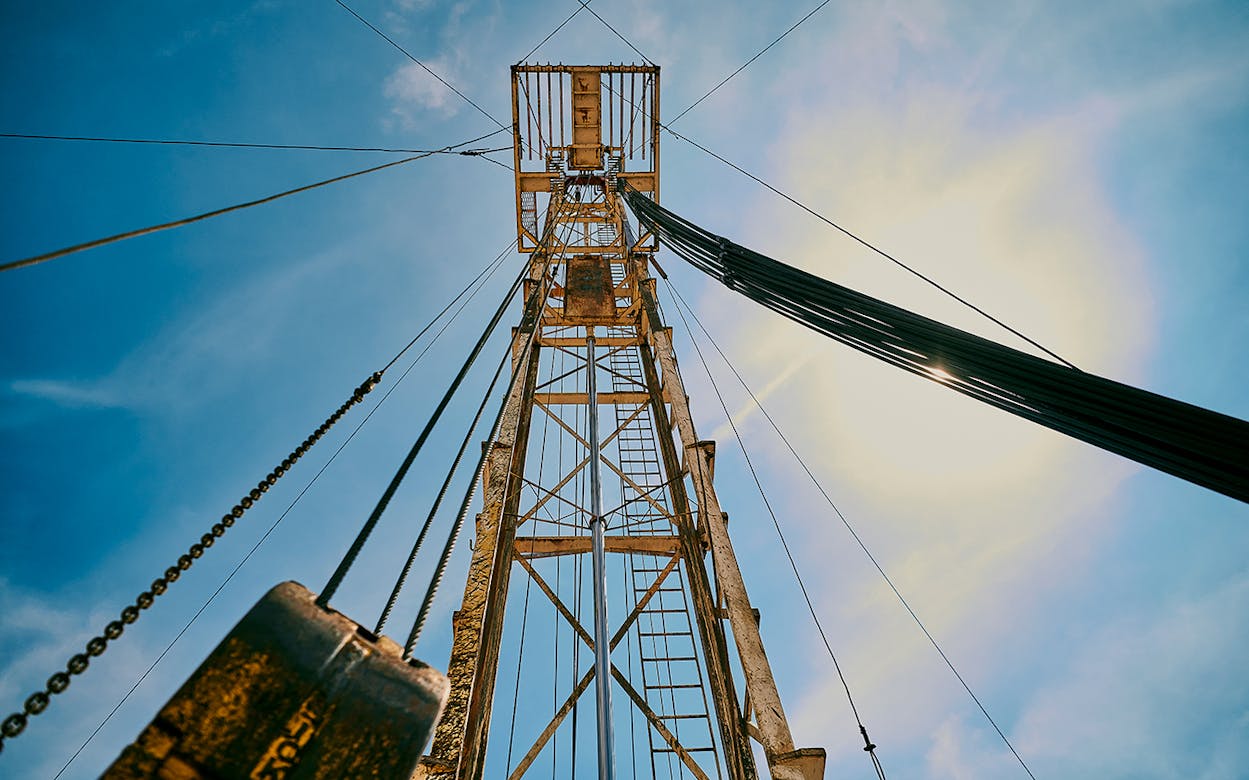I’ve spent a lot of time driving around the Permian Basin over the last year. There were times I put more than a thousand miles on my truck in a single week. (Yeah, I know that’s not much to brag about in West Texas mileage.) No matter where I went in the region, there were signs of the boom. But over the last six months or so, things have taken a slight turn. While most of the patch remains busy, there are indications that the boom is cooling. The rig count has declined about 20 percent since this time last year. Unemployment in Midland and Odessa remains lower than almost anywhere else in the country, but some companies have recently announced layoffs. For business journalist Bethany McLean, this slowdown wasn’t surprising—it was just a matter of time.
Bethany started her career as an investment banking analyst for Goldman Sachs. Later, she became one of the first journalists to predict the fall of Enron, one of the biggest scandals in the history of American business. She’s the coauthor of the best-selling book The Smartest Guys in the Room, which was turned into an award-winning documentary. She’s currently a contributing editor at Vanity Fair and has written extensively about the 2008 financial crisis.
Recently, Bethany raised the alarm again, this time in a book about the oil industry: Saudi America: The Truth About Fracking and How It’s Changing the World. While researching the book, she discovered that even during the height of today’s massive boom, much of the fracking industry was actually losing money.
Bethany writes in her book that one firm looked at the financial statements of the sixty largest publicly traded fracking companies. They found that from 2006 to 2014, the fracking firms had spent $80 billion more than they had received from selling oil and gas. Even when oil was at $100 a barrel, none of them generated excess cash flow—in fact, in 2014, when oil was at $100 for part of the year, the group burned through $20 billion. Now those Wall Street investors that sank their capital into fracked wells have begun demanding to see some returns.
In this interview, Bethany explains how this happened, and what it would mean for this boom to go bust—not just for West Texas, but for the country and the world. We’ve devoted this entire episode to this important conversation about the wild, shaky finances of fracking.
We’re also happy to announce that we’re working on a bonus episode. The final two chapters of Boomtown will be released over the following two weeks.








